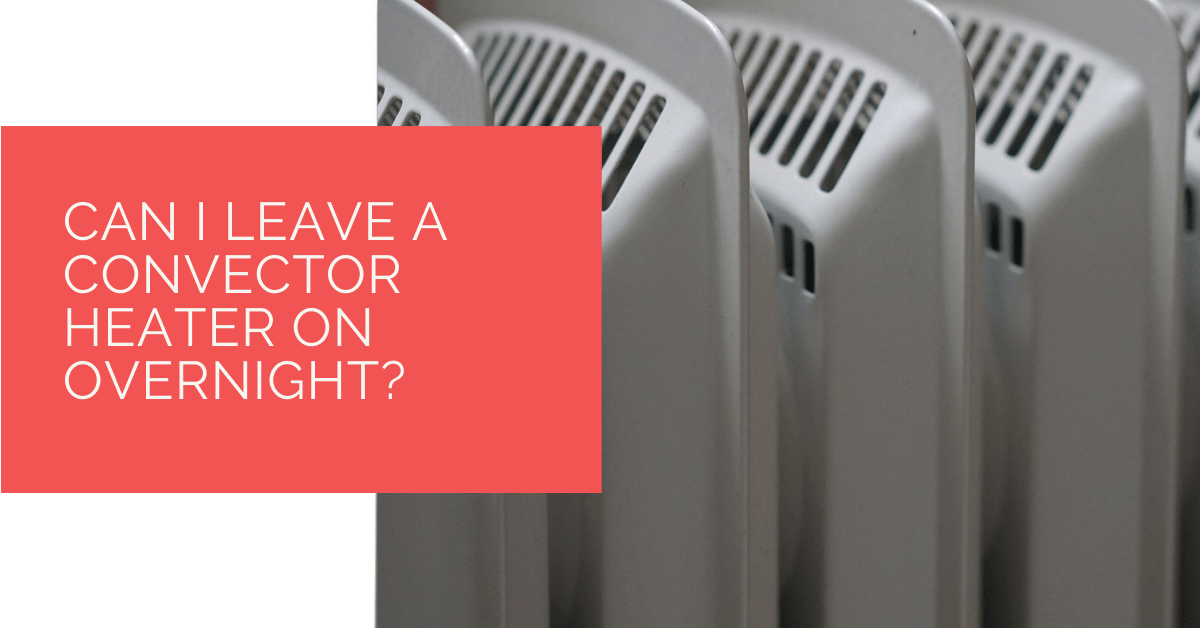Is It Okay To Leave Space Heater On Overnight

As winter's chill deepens, many seek refuge in the comforting warmth of space heaters. But a question lingers in the minds of safety-conscious consumers: Is it safe to leave a space heater running unattended, especially overnight? The answer, unfortunately, isn't a simple yes or no, and depends heavily on various factors.
The safety of leaving a space heater on overnight is a significant concern due to the potential risk of fire and carbon monoxide poisoning. While these devices offer a convenient way to warm individual rooms, they require careful consideration and adherence to safety guidelines. This article explores the potential dangers and provides practical advice for safely using space heaters.
Potential Hazards of Leaving Space Heaters On Overnight
The primary risk associated with leaving a space heater on overnight is fire. Space heaters generate a significant amount of heat, and if placed too close to flammable materials like curtains, bedding, or furniture, they can easily ignite a fire.
The National Fire Protection Association (NFPA) reports that space heaters are a leading cause of home heating fires. Furthermore, unattended operation increases the risk, as there's no one present to quickly respond to a potential hazard.
Another danger is carbon monoxide (CO) poisoning, although this is more relevant to fuel-burning space heaters (kerosene or propane). Even electric heaters can indirectly increase CO risk if they cause occupants to close windows, reducing ventilation and trapping CO from other sources. These are generally unsafe for indoor use and are only recommended for outdoor construction sites or well-ventilated areas.
Key Safety Considerations
If you must use a space heater overnight, several crucial safety measures can drastically reduce the risk. Firstly, select a heater with built-in safety features. Look for models with an automatic shut-off switch that activates if the heater tips over. Some models also feature overheat protection, which turns the heater off if it gets too hot.
Always place the space heater on a level, non-flammable surface. Keep it at least three feet away from anything that can burn, including bedding, furniture, and curtains. This three-foot rule is a vital guideline recommended by safety organizations like the Consumer Product Safety Commission (CPSC).
Regularly inspect the space heater for damage. Check the cord for fraying or cracks, and ensure the plug fits snugly into the outlet. Never use a space heater with a damaged cord or plug, and avoid using extension cords if possible. If an extension cord is necessary, use a heavy-duty one specifically designed for appliance use.
Never leave a space heater unattended for extended periods, especially while sleeping. Turn it off when you leave the room or go to bed. This eliminates the risk of a fire starting while no one is present to react.
Alternatives and Best Practices
Consider alternatives to relying solely on space heaters. Layering clothing and blankets can often provide sufficient warmth without the fire risk. Ensure your home is properly insulated to prevent heat loss, and address any drafts around windows and doors.
If using a central heating system, ensure it is properly maintained. Schedule regular inspections and cleanings to ensure it operates efficiently and safely. A properly functioning central heating system is generally a safer and more energy-efficient option than relying on space heaters for primary heating.
Invest in working smoke detectors and carbon monoxide detectors. Test them regularly to ensure they are functioning properly. These devices provide an early warning in case of a fire or carbon monoxide leak, giving you precious time to escape.
Local fire departments often offer free home safety inspections. They can identify potential hazards and provide personalized recommendations for improving fire safety in your home.
Human Angle: Peace of Mind
For many, the decision to leave a space heater on overnight comes down to a desire for comfort and warmth, particularly during harsh winters. But it is important to weigh the perceived benefits against the potential risks.
Imagine the peace of mind that comes with knowing you've taken all necessary precautions to ensure your safety. By prioritizing safety and following the guidelines outlined above, you can significantly reduce the risk of fire or carbon monoxide poisoning.
Ultimately, the decision of whether or not to leave a space heater on overnight is a personal one. However, informed decision-making is critical, as safety should always come first.

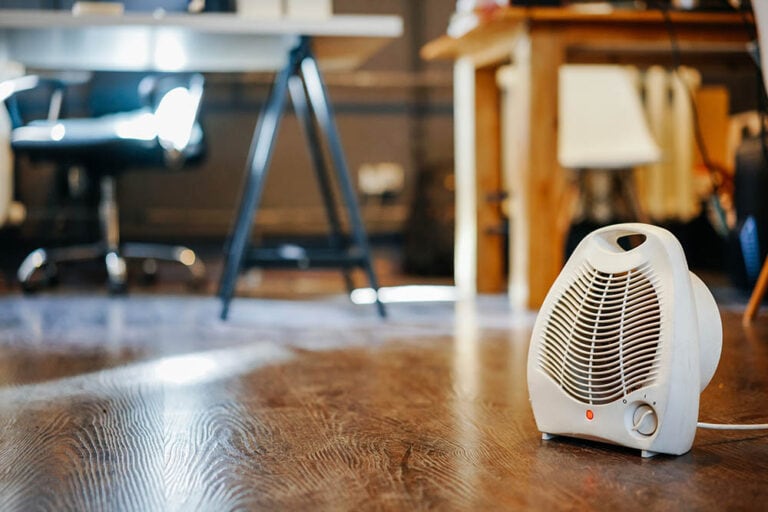
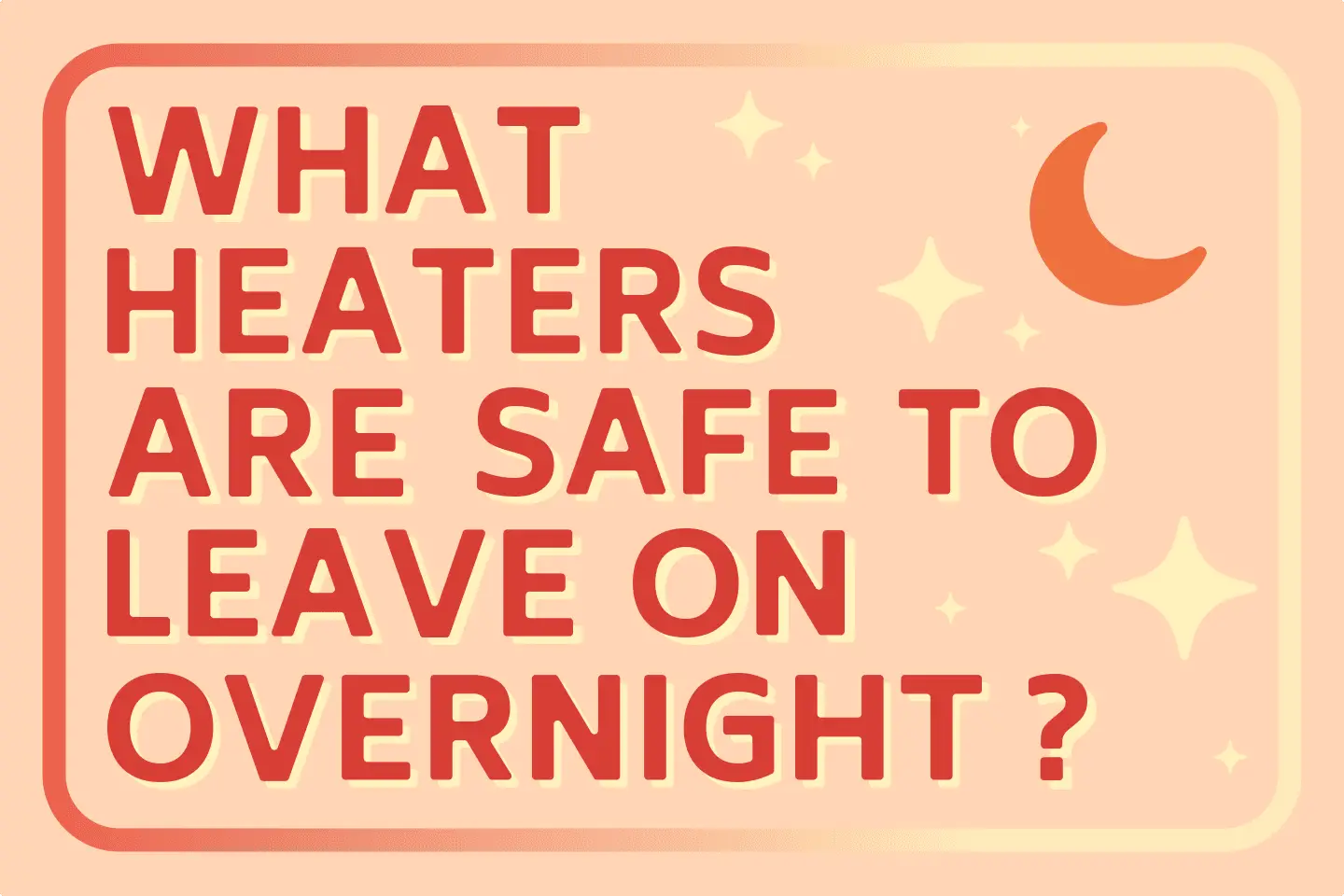

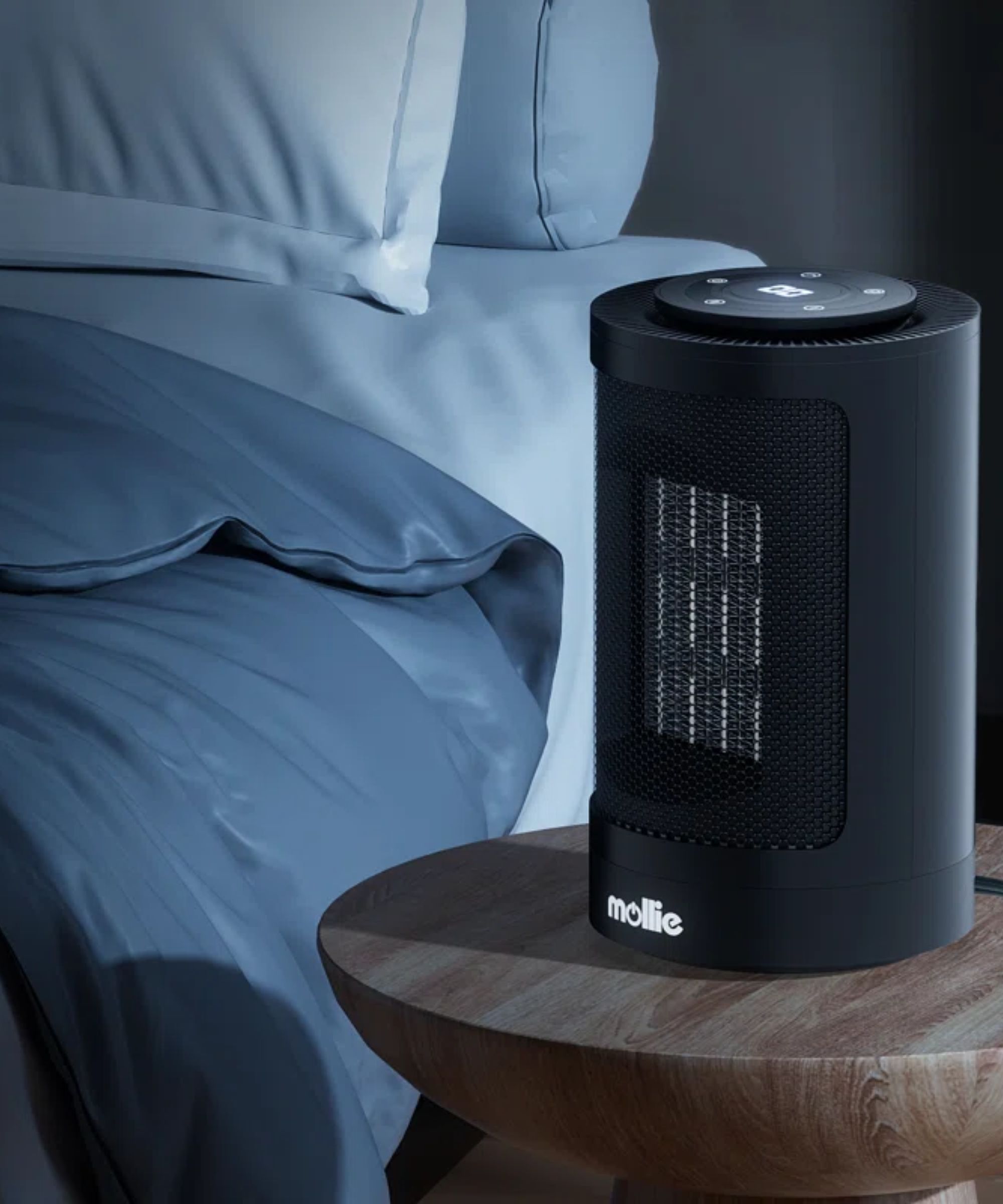
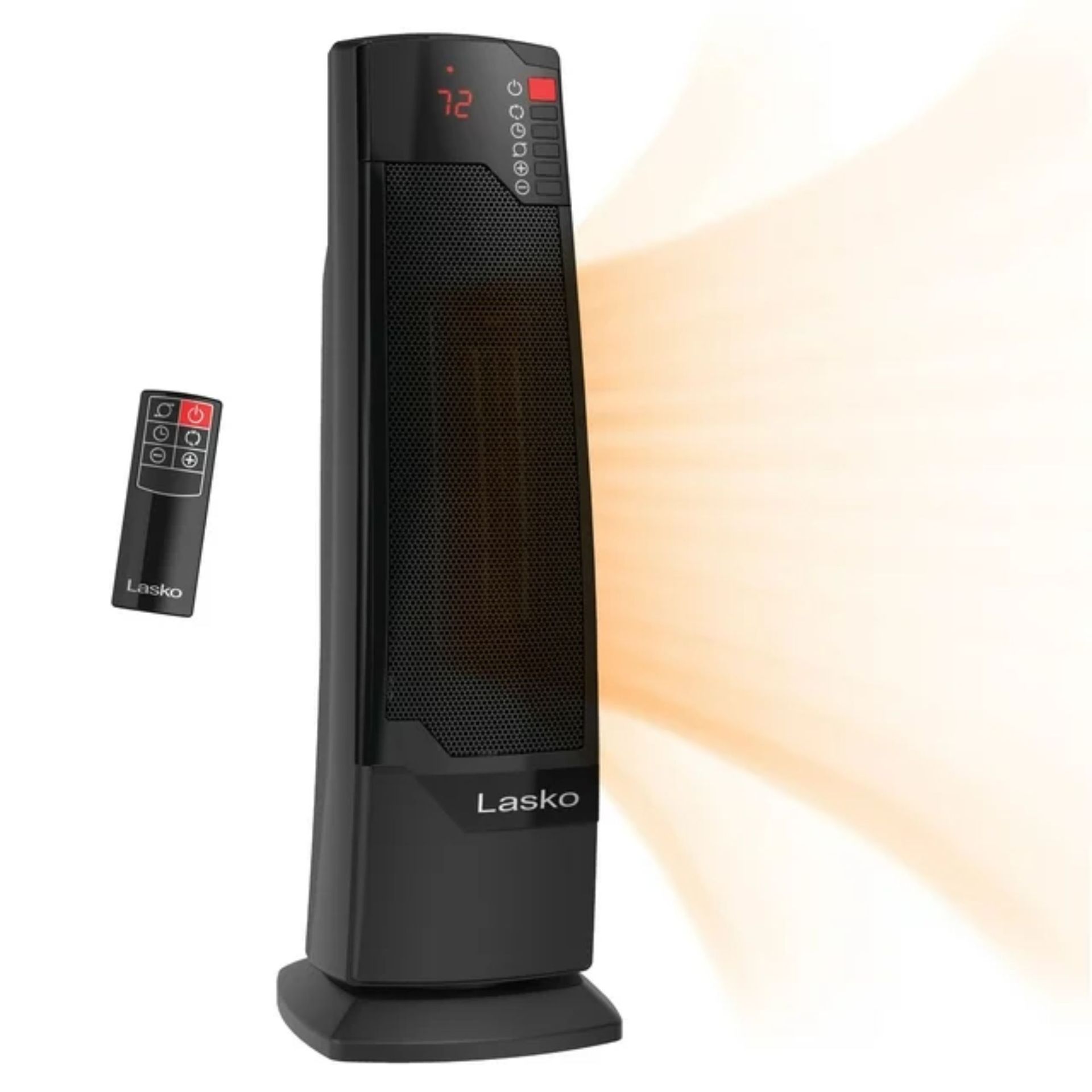
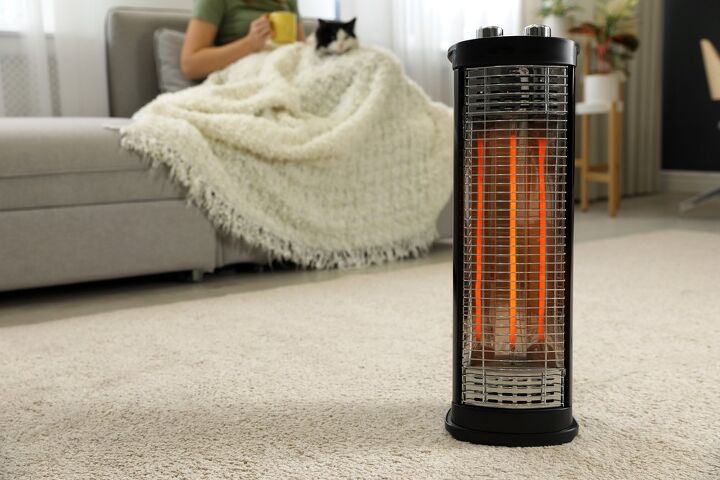
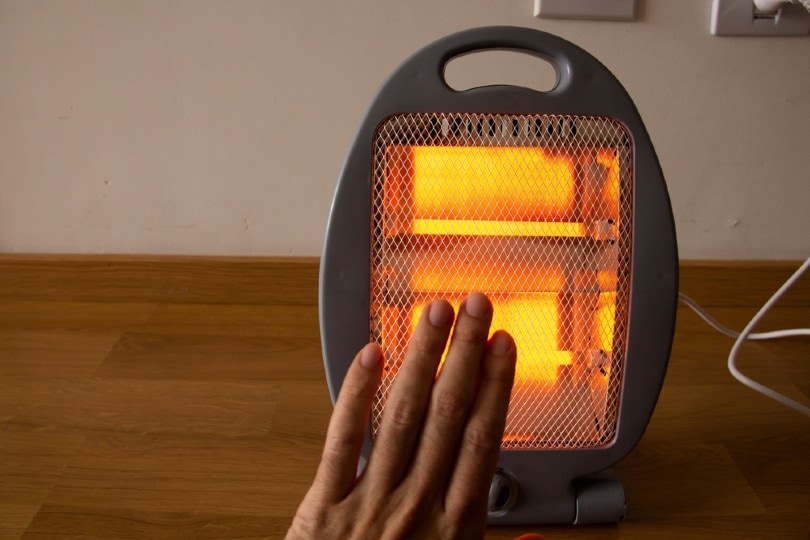

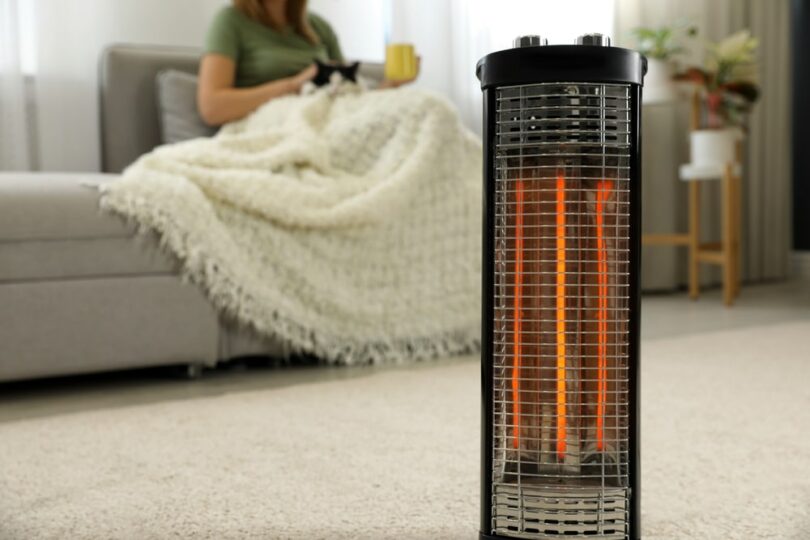
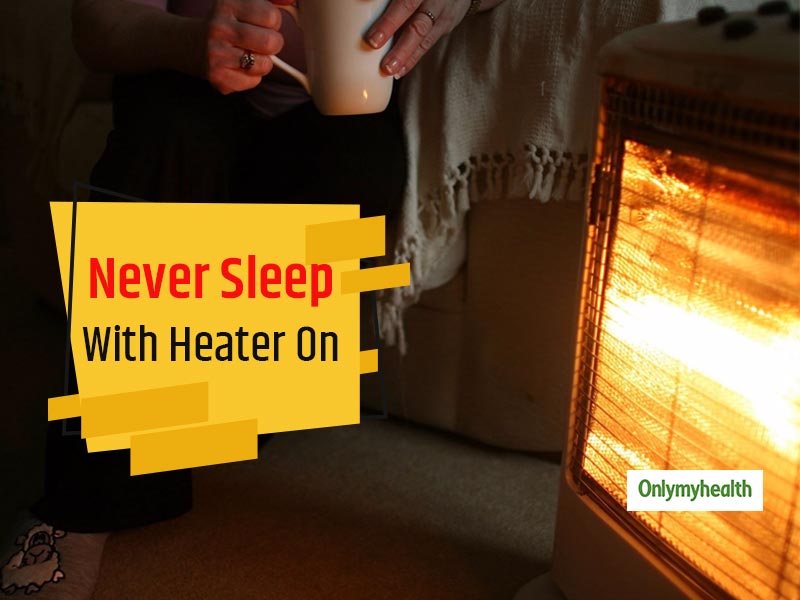

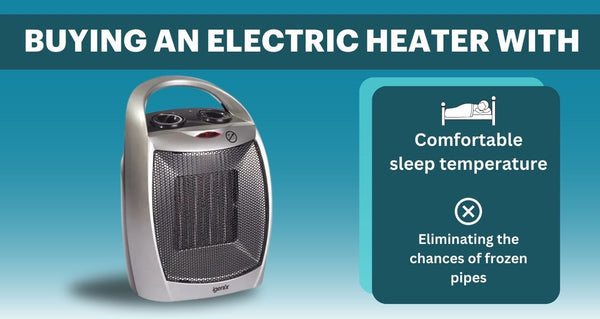

![Is It Okay To Leave Space Heater On Overnight Can You Leave a Space Heater on All Night? [3 Safe Options] | Pepper's](https://u9g8p9u4.rocketcdn.me/wp-content/uploads/2022/02/can-you-leave-a-space-heater-on-all-night-758x506.jpg)


